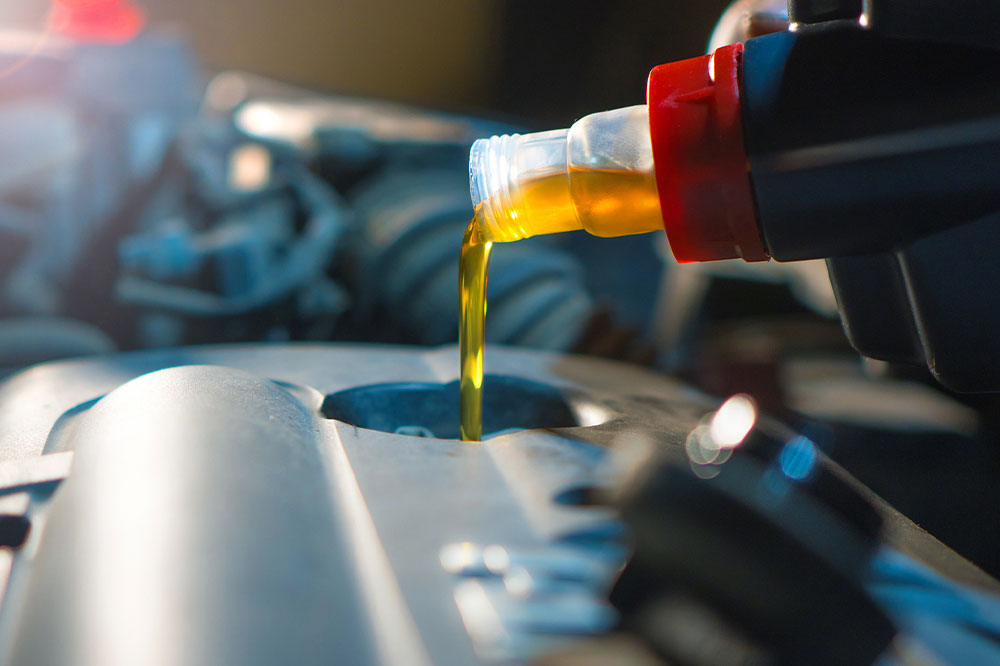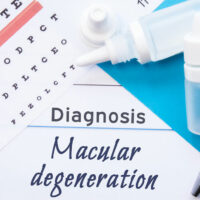5 Mistakes to Avoid When Changing Engine Oil

Have you ever changed the car engine oil by yourself? If so, you are aware that it entails making various crucial technical decisions, like what kind of oil to use and how much to use. You must also adhere to certain directions for a successful oil change. Any error you make has the potential to harm the engine and reduce its lifespan. This article will discuss five common mistakes to avoid when changing engine oil.
Why is it necessary to change the engine oil frequently?
A car’s engine needs an oil change periodically, as the oil can wear off over time and lose its machine lubrication ability. Generally, the frequency of oil changes depends on several factors, such as the make and model of the car, the type of oil used, and the driver’s habits. In the past, it was recommended to change the oil every 3,000 miles or every three months, whichever came first. However, many modern cars can go for longer between oil changes. Most car manufacturers recommend an oil change after every 7,500 to 10,000 miles or every 6 to 12 months, whichever comes first. It’s important to check the owner’s manual of your specific car to determine the recommended oil change interval. Additionally, if you frequently drive in severe conditions such as extreme temperatures, dusty roads, or stop-and-go traffic, you may need to change the oil more frequently.
5 mistakes to avoid when replacing car engine oil
Using the wrong oil
Regularly changing the oil in the car engine is necessary for optimal performance, as it removes dirt build-up and other particles from the engine. However, using the wrong type of oil can not only decrease efficiency but also lead to damage to essential parts of the engine. Since different engines require different types of oil, you must ensure you are replacing the motor oil with a compatible type and viscosity. Too thick oil can damage certain seals, causing leaks and clogging up filters and narrow passages inside the engine. In contrast, if you use an oil with too low a viscosity, it won’t flow properly through the engine, leading to increased heat and eventual breakdowns of parts. Therefore, ensuring you use the correct oil is essential in avoiding more significant damage.
Using an inadequate quantity of oil
Using too much oil during a regular engine oil change can cause over-pressurization of the engine, resulting in an array of potential problems. The oil can enter the combustion chamber and get burned with fuel, leading to:
Poor oil circulation
Increased friction among metal parts
Smoke emissions
Increased exhaust gas temperature
A build-up of excessive deposits on pistons and valves
These issues can decrease the engine’s performance significantly.
In contrast, not adding enough oil when changing engine oil can also lead to detrimental effects such as:
Insufficient lubrication
Overheating
Possible breakdowns
Therefore, using the correct quantity of oil recommended by the vehicle’s owner’s manual is essential. If you are not confident about changing the engine oil by yourself, you can look for official Ford instant oil change, Quick Lane oil change services, Quick Lube oil change service, and Valvoline (VOIC) oil change services for an efficient oil change.
Not warming the engine
Before changing the engine oil, it’s important to warm up the car engine. Doing so allows the oil to flow more efficiently, which makes draining it much easier. Moreover, when the vehicle engine is still cold, fragments of dirt and sludge can remain trapped inside the engine. Warming up the engine helps efficiently remove these particles from the engine and reduces their impact on moving parts. When the engine is warmed up, the oil has already gone through its cycle of lubricating all the parts and settling in the sump at the bottom of the system.
In addition, a warm engine will reduce tension on seals and gaskets, making it easier to drain out used oil while preventing leaks and drips. Thus, you might want to wait for a few extra minutes before changing the engine oil. Warming your auto engine before changing its oil could make all the difference when maintaining a reliable ride.
Not changing the oil filter
It is important to replace the oil filter with every oil replacement. The oil filter draws off any dirt and contaminants that accumulate in the oil during normal operation, helping the engine function efficiently. A clogged filter can prevent the oil from flowing properly, damaging the engine. Additionally, an old or clogged oil filter will block vital oil from lubricating and cooling moving parts, resulting in possible engine damage over time.
Reusing gaskets or seals
When changing engine oil, reusing old gaskets and seals is not recommended. Over time, as these components are exposed to the oil for extended periods, they become loose, brittle, or warp and lose their original shape. Reusing old gaskets and seals can lead to serious engine damage due to improper sealing. It can have costly consequences, such as leaks, blowouts, or a damaged engine block or cylinder head.
Instead of reusing old gaskets or seals when changing the engine oil, it is best to replace the old gaskets and seals with new ones of better quality that fit well. Doing so will help ensure a safe and leak-free operation.
Replacing engine oil is one of the most important maintenance tasks when caring for a vehicle. Regardless of which motor oil you choose, ensure you understand which oil your vehicle needs and all the components related to oil changes. By avoiding the 5 common mistakes mentioned above, you can ensure that the engine stays healthy and does not hamper the car’s performance. Ensuring this will keep you on top of your vehicle’s necessary maintenance and running at peak performance with those regular checks.
Finally, if you are ever in doubt or feel overwhelmed with the task, consult an expert like the official Ford instant oil change to get more specific advice about your car’s maintenance needs.





